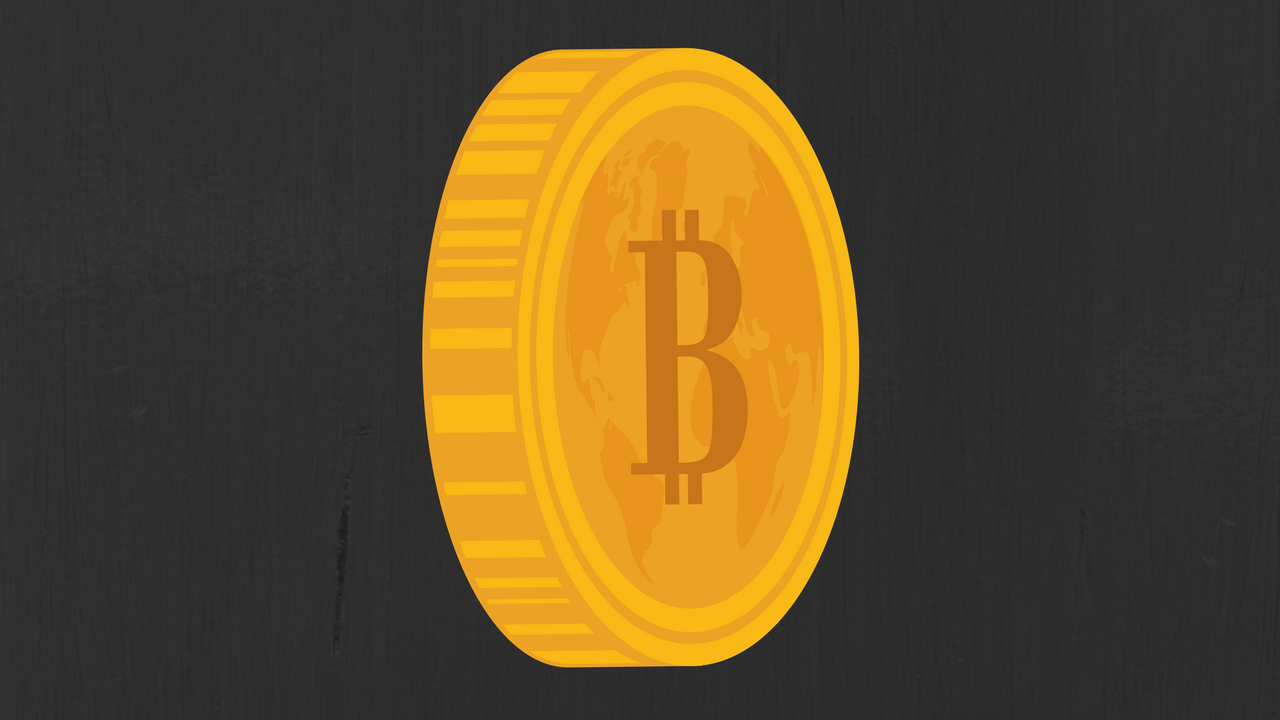Bitcoin is the largest and most secure cryptocurrency in the world. The cryptocurrency was founded by the mysterious Satoshi Nakamoto, whose true identity has not yet been verified, in 2009. It’s a digital currency that has sky rocketed in value in the past year, with the market cap for all Bitcoin (including Bitcoin cash) at estimated $7 billion. A bitcoin is simply an entry on a huge global ledger called the blockchain, the data base where every bitcoin transaction is recorded.
Unlike other physical currencies, a jurisdiction gives the guarantee of reduced transaction fees and operates Bitcoin. Bitcoins are stored using private and public “keys,” that are long strings of letters and numbers connected through the mathematical encryption algorithm which was used to make them. The general public key (similar to your bank account amount) functions as the speech that is released to the entire world and to which others might send bitcoins. The personal key (like a ATM PIN) is supposed to be a guarded secret, and solely utilized to authorize Bitcoin transmissions.
Imagine you are playing poker with a group of people without any chips, and no one has any money on them. In order to keep track of all the transactions, everyone writes down on paper how much they are betting, who wins, and who lost x amount of money. At the end of every hand, everyone compares what they wrote down that hand to make sure everyone has the amount of money they are supposed to have. The list of transactions grows significantly as the game progresses. Each page you fill up with the written transactions can be thought of as a block of transactions. Eventually you will have pages and pages of transactions, which will become a chain of those blocks (why the global ledger for cryptos is called blockchain).
There are thousands of people separately maintaining the bitcoin blockchain. For cryptocurrencies, picture the same metaphor, except at this poker table there are millions of people. Some of these people are just exchanging money, but lots of volunteers are keeping ledgers to ensure everyone has the amount of money they are supposed to have. When you want send or receive money, you have to announce it to everyone at the table, so the people keeping track of the ledgers can keep them up to date and accurate.
Bitcoin is among the very first digital currencies to utilize peer reviewed technologies to improve instant payments. The independent people and businesses who have the regulating computing power and also take part in the Bitcoin system. These people are known as “miners,” and are motivated to “mine” by the benefits and transaction fees paid in bitcoin. All these miners can be considered as the authority creating the Bitcoin network’s trustworthiness.
Bitcoin mining is the procedure whereby bitcoins are all released to come to circulation. Essentially, it entails solving a computationally tough math equation to find a new cube, which can be added to the blockchain, and getting a reward of couple bitcoins for solving the problem. The cube reward was 50 bitcoins in 2009; each four decades, it reduces. As more and more bitcoins are made, the problem of this mining procedure, since the total amount of calculating power raises. The mining difficulty started at 1.0 during Bitcoin’s introduction back in 2009; in the conclusion of the calendar year, it was just 1.18. As of April 2017, the mining issue is over 4.24 billion.

Bulls on Crypto Street is a trading education website dedicated to digital assets such as Bitcoin, Ethereum, DeFi, NFTs, and other new advancements in the Metaverse.

